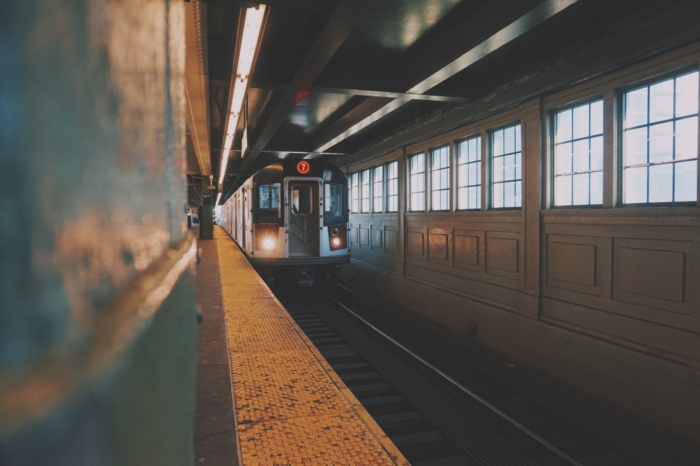The Metro & the MBTA: Raising Fares May Not Be Enough
New York City and Boston are drastically different cities, but their transit systems are struggling with the same problems. Now both cities have proposed fare increases as part of their solutions. Many riders are upset, claiming they haven’t seen improvements sufficient to merit the increases. Transit advocates and policy researchers lament that the fare hikes won’t be enough without big changes.
The Metropolitan Transit Authority of New York City (MTA) claims their fare increase is modest, mostly just an inflation adjustment. Last year the MTA postponed voting on a fare increase until February of 2019, saying the declining quality of the system made it hard to justify an increase. They were then able to slightly improve system reliability, and in February they approved a price hike. What improvements justified higher fares? The MTA referenced a decrease in the daily count of “major incidents,” defined as moments when more than 50 trains are delayed at once. Under new and improved conditions, the MTA only has about two a day, down from 2.5 per day early last year. According to the MTA, it is considered a success in NYC when only 100 trains are behind that day. Even so, the fare increase won’t scratch the surface of fixing the delays. The estimated $316 million from higher prices leaves $3.8 billion still needed to modernize and repair New York City’s famous transit system. Later this year, the MTA will start deploying OMNY (their new fare collection system), with hopes it will ease the fare collection process. But until the missing billions appear, people might be using their high-tech, contactless payments to experience track fires, crowded platforms, and many, many leaks:
@MTA Now will you fix the "leak" at Woodside station? pic.twitter.com/zHN36NkAiR
— AD (@TheBella1224) June 28, 2018
A leak at the #unionsquare station #nrqw #nyc #mta #subway pic.twitter.com/rdDp0GNZli
— Jean Prytyskacz (@jeanprytyskacz) August 4, 2017
.@MTA @NYCTSubway, you’ve sprung a leak. pic.twitter.com/dRytO2zSto
— Max Jaeger (@JustTheMax) February 12, 2018
Boston’s Massachusetts Bay Transportation Authority (MBTA) is suffering from the same structural problems as in New York. Pioneer’s crowdsourced Leak Tracker reports some of the system’s busiest stations (Forest Hills, Park Street, Haymarket, North Quincy, Back Bay, and Copley) as repeatedly leaking. The MBTA, like the MTA, requires billions more than they currently have to maintain, let alone improve, transit infrastructure.
The MBTA is also proposing a rate hike they attribute to inflation, and will accompany this with their own contactless fare collection system called AFC 2.0. But unlike New York City, which is adjusting the price of weekly passes or tolls, Boston is directly increasing fares by 6.3 percent. This is greater than the 5.8 percent rate of inflation since their last fare increase in 2016, and the extra money is slated to go towards, “making system investments to improve service.” Pioneer Institute supports the MBTA’s fare increase only if the authority follows through in its promise to improve crumbling infrastructure, fare collections, put its pension plan on sound fiscal footing, and make price differentiation a core component of its fare increase plan. Transit Matters, a Boston-centered transit advocacy group, opposes the increase, with similar reasoning: “performance has not met expectations, and much more must be done before we once again ask riders to bear the burden of a fare increase.” It is rare that proponents and opponents of fare hikes agree on solutions for their city’s transit systems. When they unanimously agree on the system’s failure and desperate need for improvement, New York and Boston officials should take these concerns seriously.
Kaila Webb is a Jane & Steven Akin Digital Media Fellow for Pioneer Institute, as well as a third year Wellesley student double majoring in Chinese Language & Culture and Environmental Studies. Her research focuses on health care policy, environmental development, and public transit.



